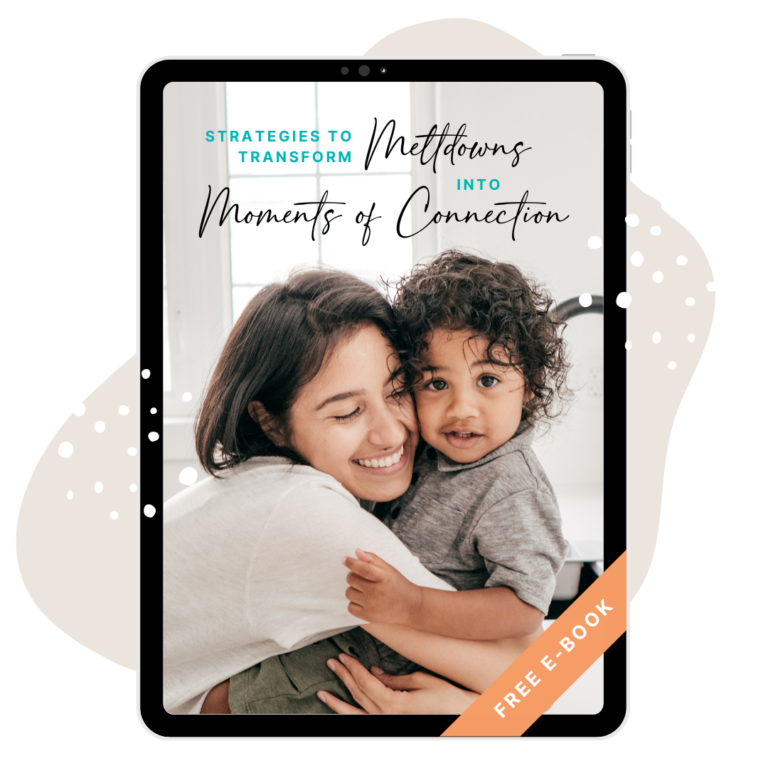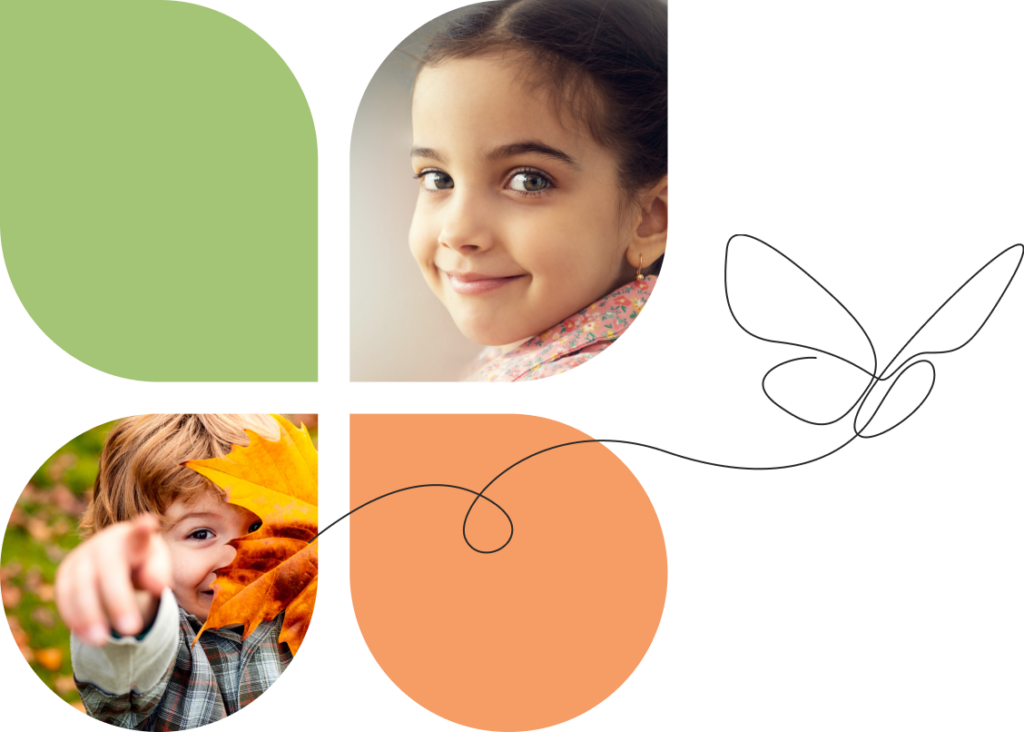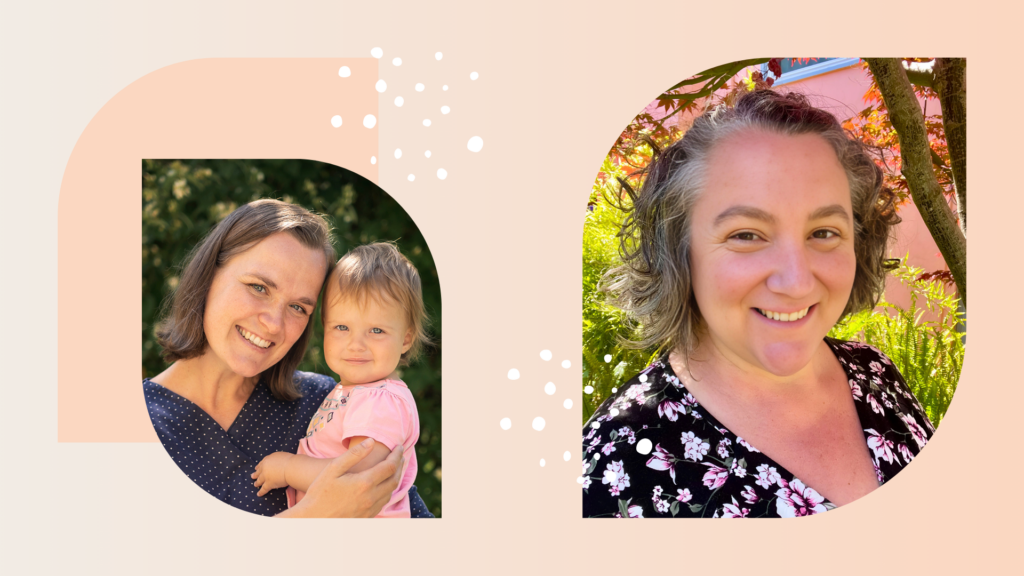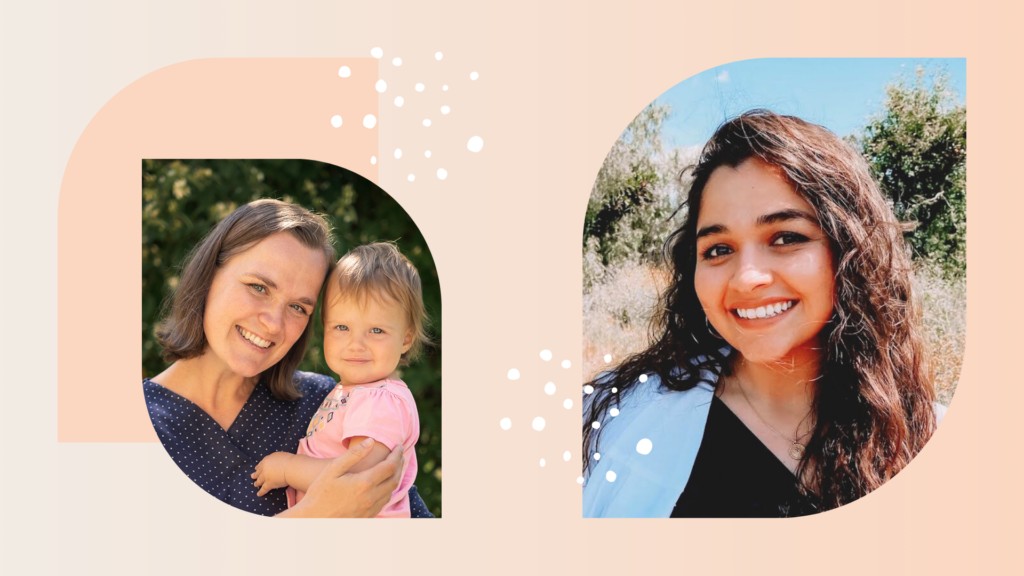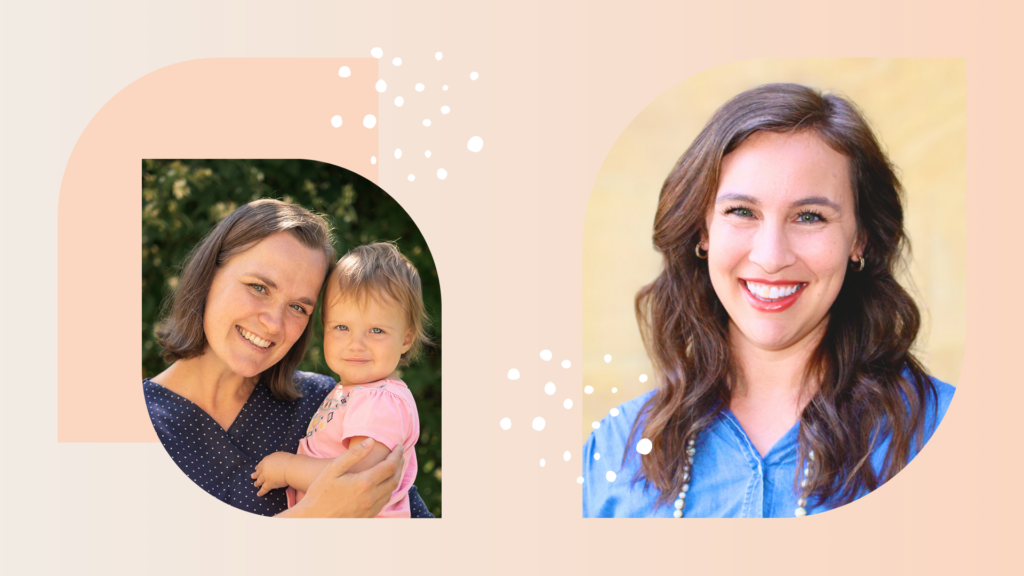Welcome to an enlightening Q&A session hosted by Lucie Brixí Tamášová featuring Amorette French, an educator, therapist, speaker, and mother. In today’s discussion, we explore how to implement Montessori principles in neurodivergent households, tackle sensory challenges, and support neurodivergent children and their families. Amorette shares her personal experiences and expert insights to help families celebrate differences and focus on strengths. Watch the full video in the Childhood Potential Club library.
Understanding Sensory Needs in Neurodivergent Families
Navigating sensory needs is a common experience in neurodivergent households—and it’s not limited to neurodivergence. Everyone has unique sensory preferences and triggers, and understanding these can help create a more peaceful home. Amorette reminds us that respecting and accommodating these diverse needs is key to fostering a calm and purposeful family environment.
Balancing Sensory Sensitivities as a Parent
For parents with sensory sensitivities, meeting their own needs while staying engaged with their children can feel overwhelming. Amorette highlights the importance of understanding the sensory profiles of everyone in the home—parents included. Through open communication and setting up spaces that cater to varying sensory needs, families can create more harmonious interactions while parents care for themselves too.
Recognizing Sensory Seekers and Avoiders
Some children crave sensory input (sensory seekers), while others avoid it altogether (sensory avoiders), and some crave certain input while avoiding others. Recognizing these differences is essential. By understanding how your child naturally interacts with the world, you can tailor their environment to meet their needs. Amorette encourages parents to reflect on their own sensory experiences and use them to guide how they support their children in ways that feel relatable and doable.
Discover practical, easy-to-implement strategies to gently navigate your child’s emotional outbursts, while maintaining your own sense of calm.
Montessori Strategies for Families with Executive Functioning Challenges
If you’re a parent with ADHD or other executive functioning challenges, maintaining routines or consistently applying Montessori principles can feel like a lot. Amorette reminds us to let go of perfection. Instead of striving for an ideal version of Montessori, focus on what works for you and your child. Simple tools like checklists or visual schedules can help build motivation and keep things on track while honoring your unique needs as a parent.
Supporting Neurodivergent Children in School
When children need accommodations—like chewing on clothing or objects for sensory input—it’s important to understand and advocate for their needs in school environments. Amorette suggests working closely with educators to create a plan that supports your child while promoting their success in the classroom.
Building Resilience and Flexibility
Resilience and flexibility are skills every child benefits from, but they’re especially important for neurodivergent children navigating new or unexpected situations. Amorette encourages parents to guide their children through challenges by validating their feelings, teaching problem-solving strategies, and providing calm, supportive communication. Over time, these practices help children learn to adapt and cope more confidently with life’s changes.
A Holistic Approach to Family Balance
Amorette French’s insights offer an incredible resource for parents working to support neurodivergent children within a Montessori framework. Her advice blends personal experience with practical strategies, showing how open communication, sensory awareness, and flexibility can create a home where everyone thrives. By respecting each family member’s individuality and unique needs, you’re not just building resilience and confidence in your children—you’re creating a truly connected and supportive household.
About Amorette
Amorette (Amo) French is an educator, therapist, speaker, and mother. As an Autistic and ADHDer she helps families and neurodivergent children to better understand the way we think so that we may celebrate our differences and focus on strengths. She finds time to write in between raising her 2nd generation homeschooled Montessori twin girls and son while offering consulting and coaching services to schools, families, businesses, and providers. A believer of guidance versus training, you can find her practicing and sharing real-life, tips, skills, techniques, and information from her 14+ years of experience on Instagram. Her latest children’s book, “The Puppy in My Head,” will be in bookstores 2025.
